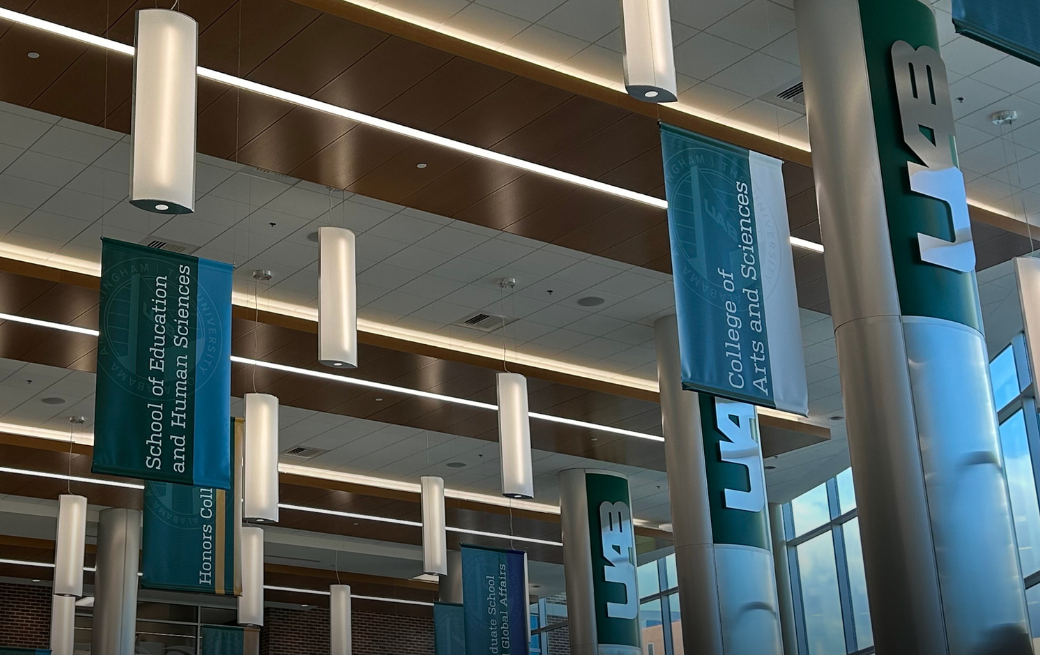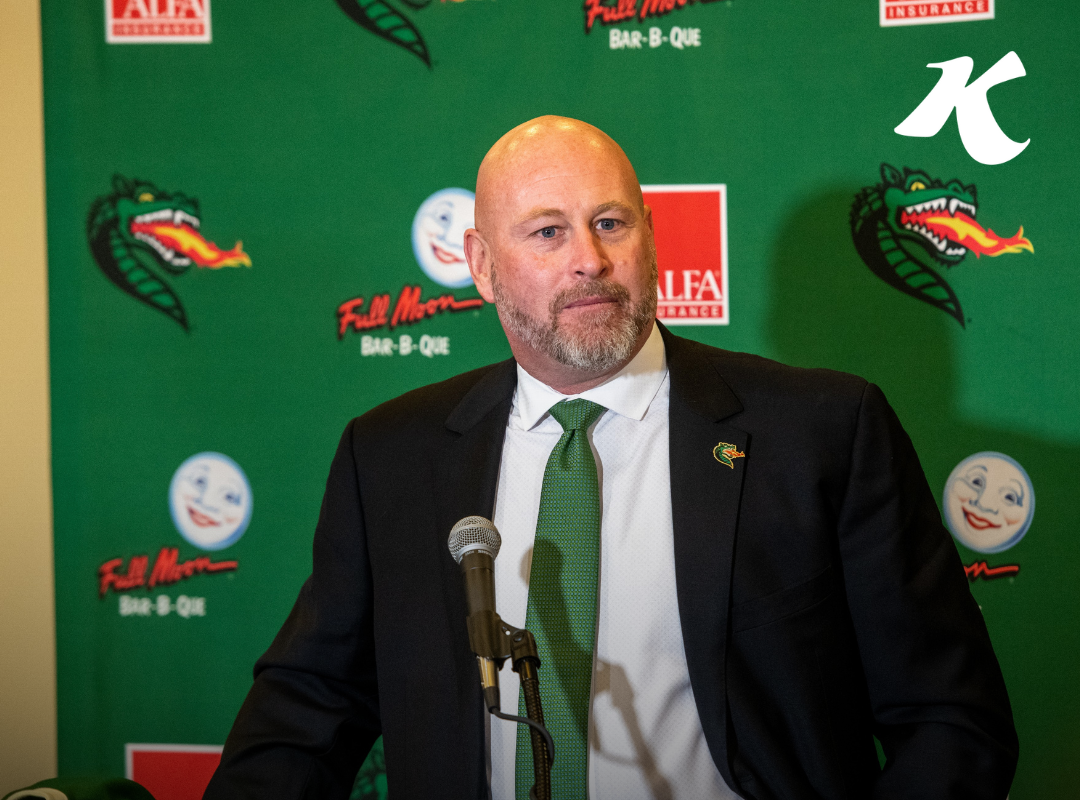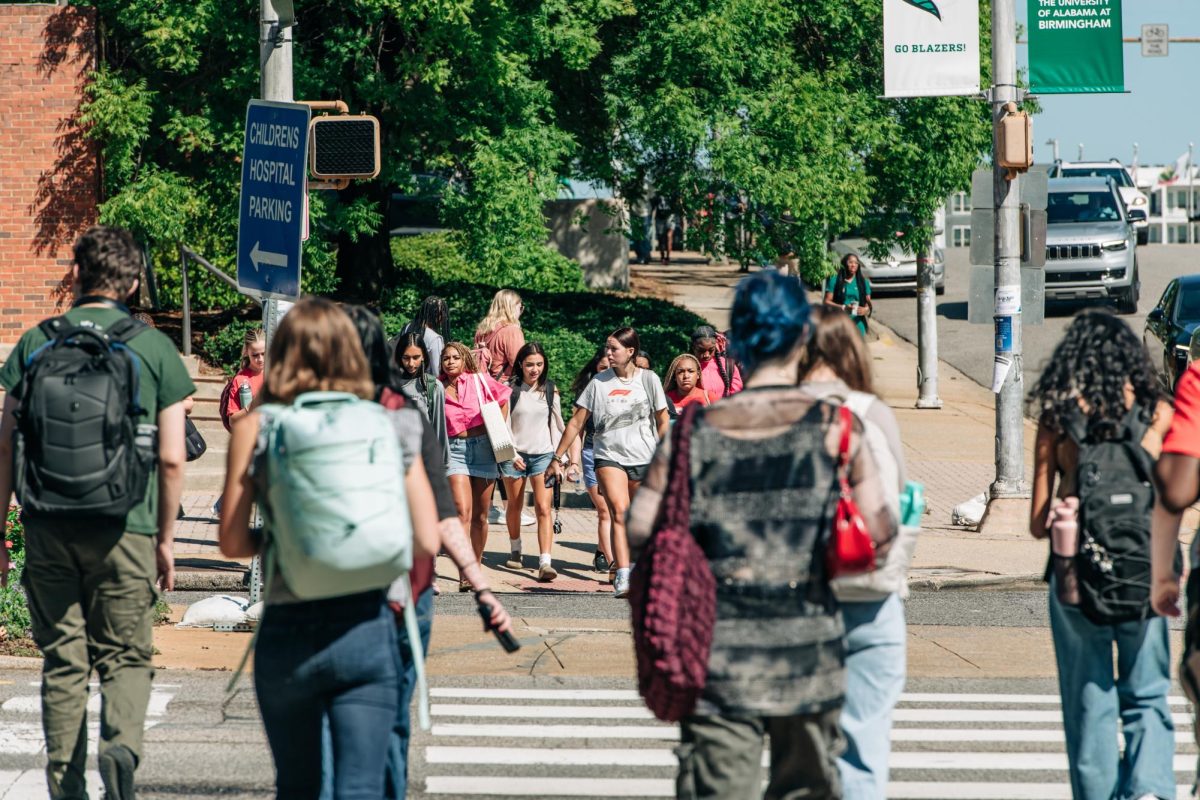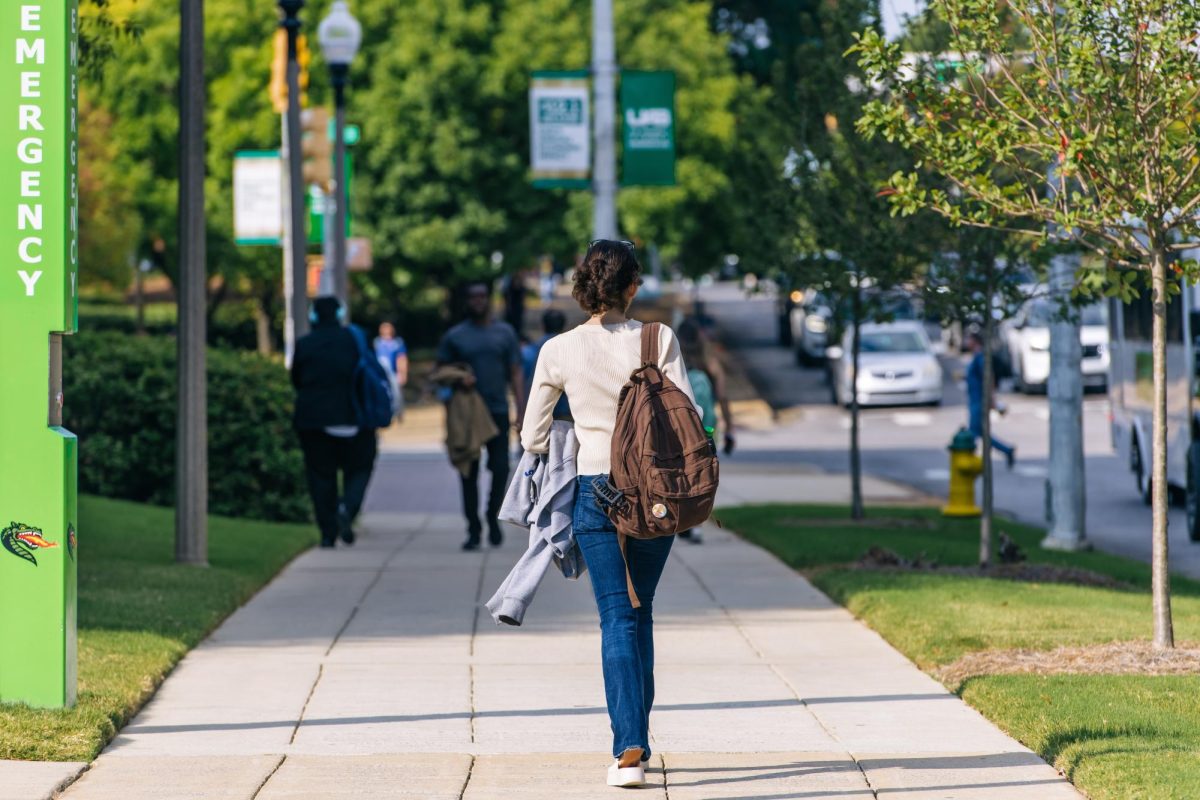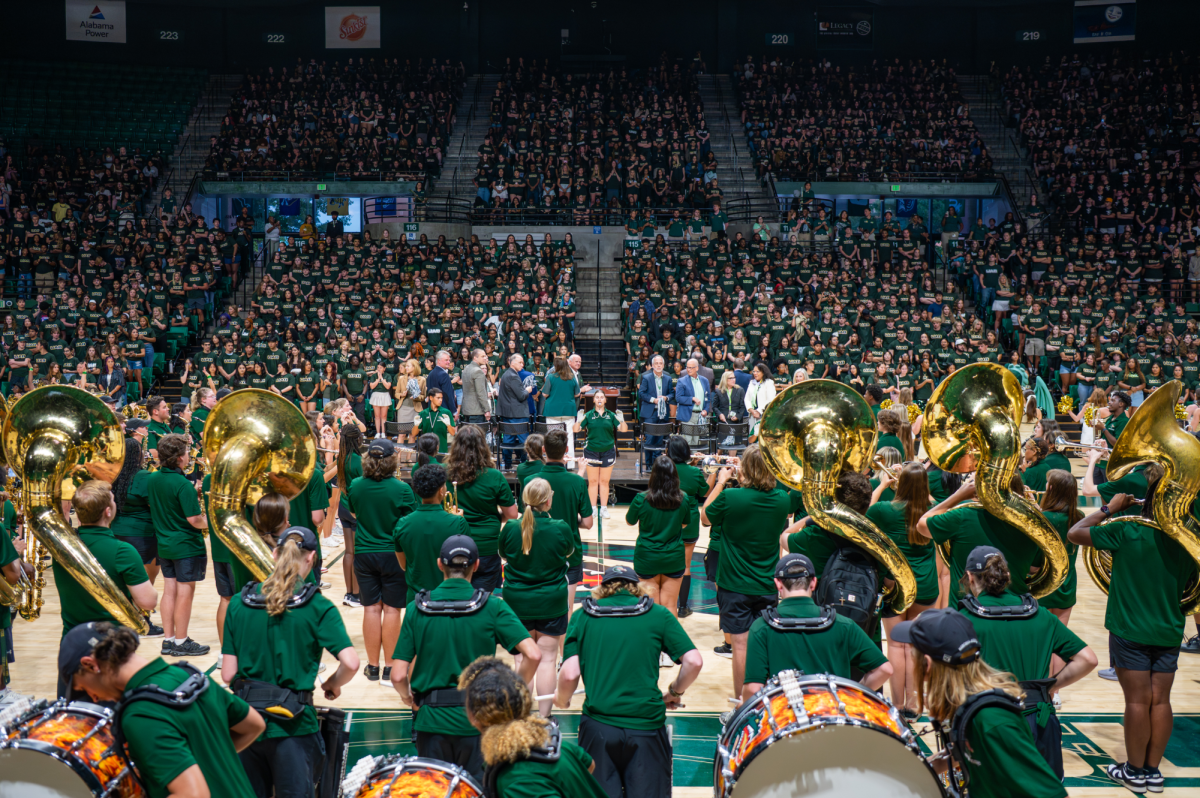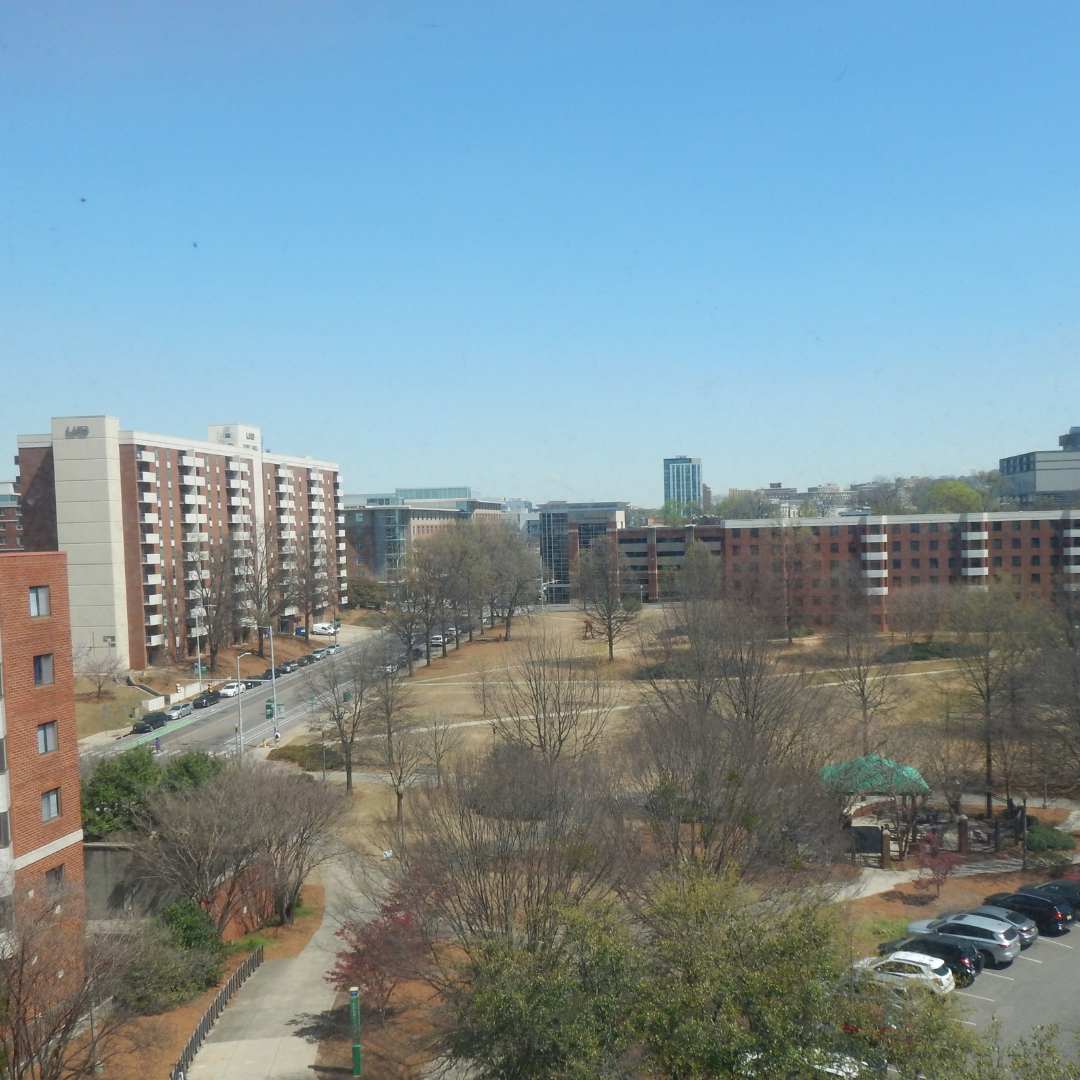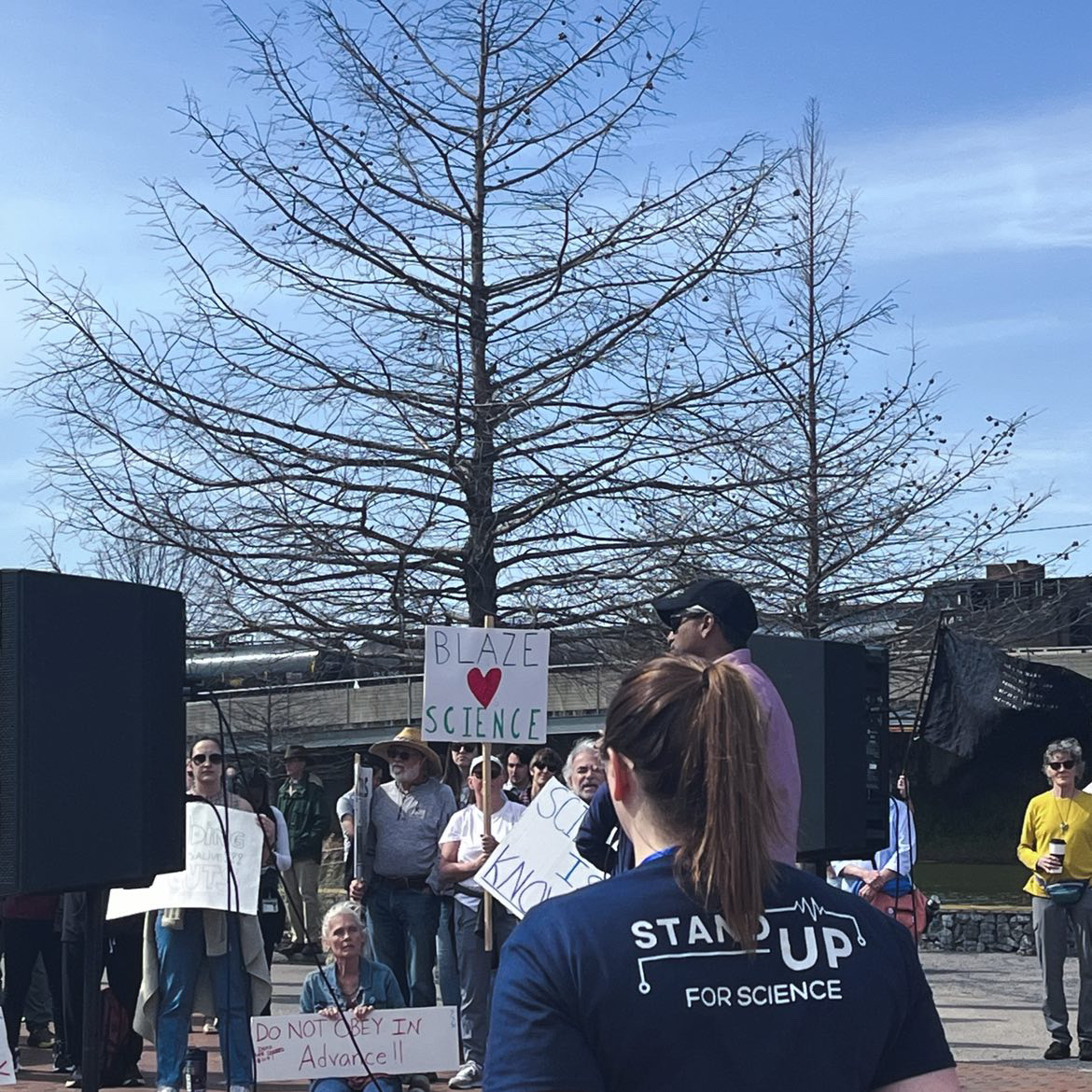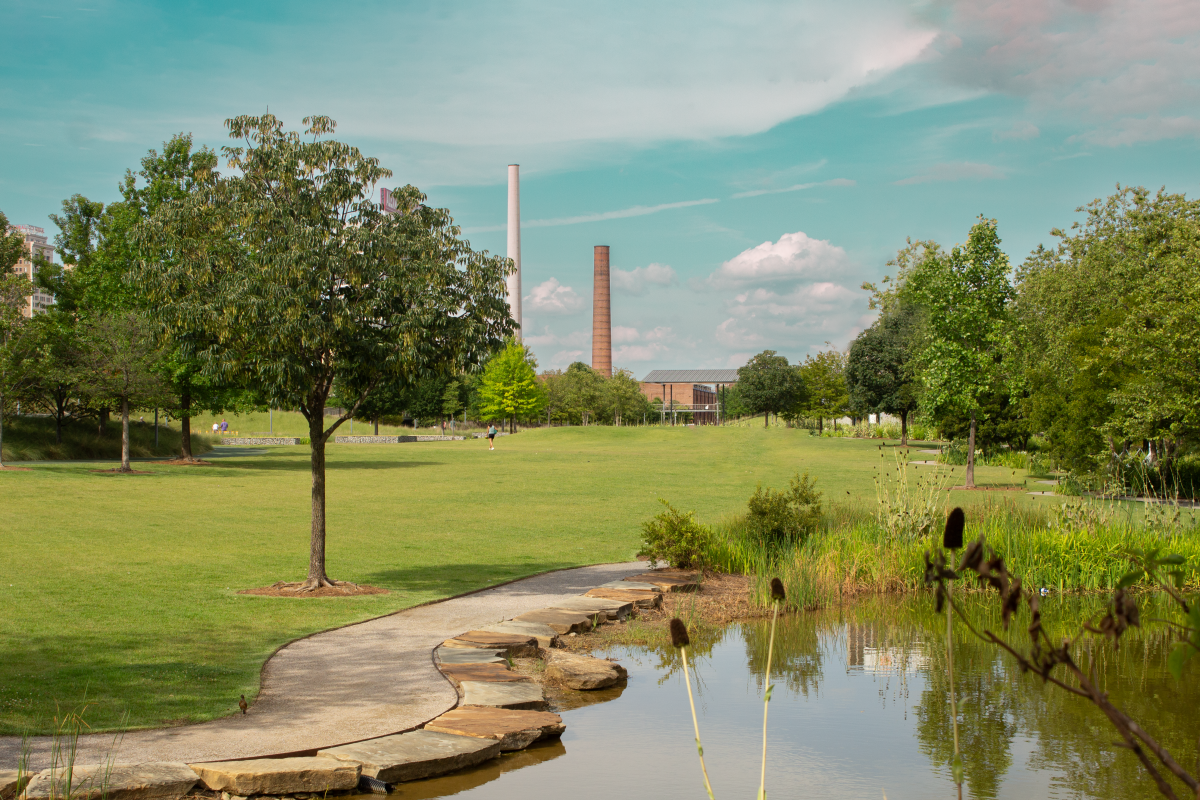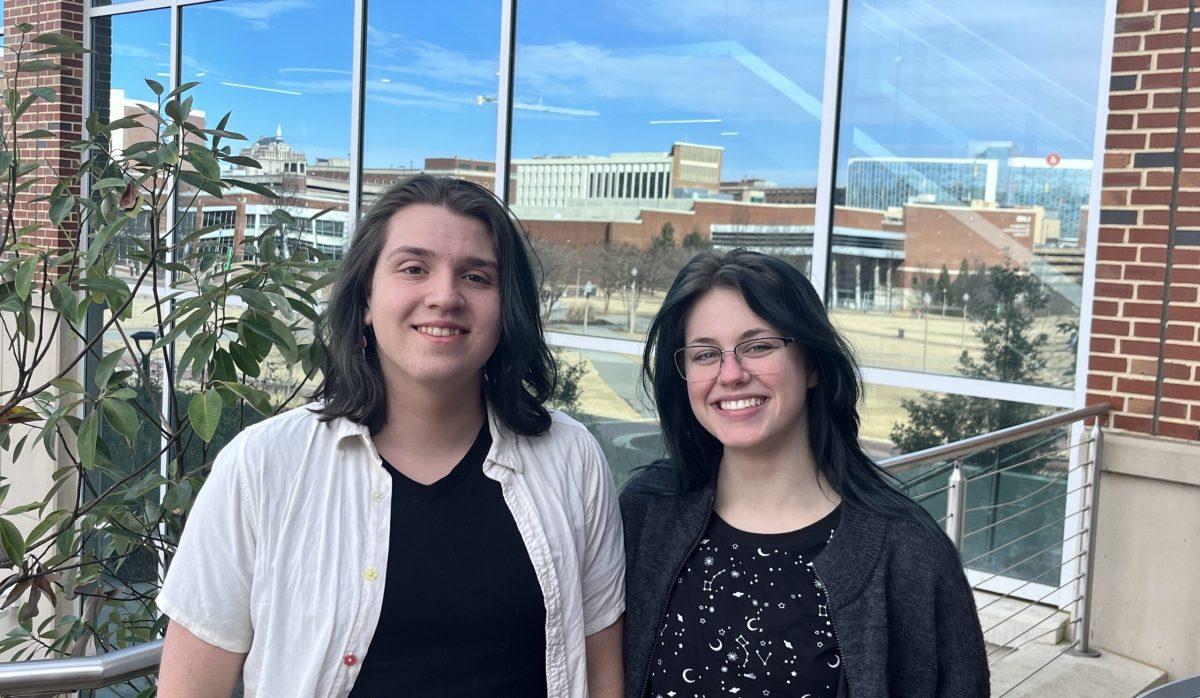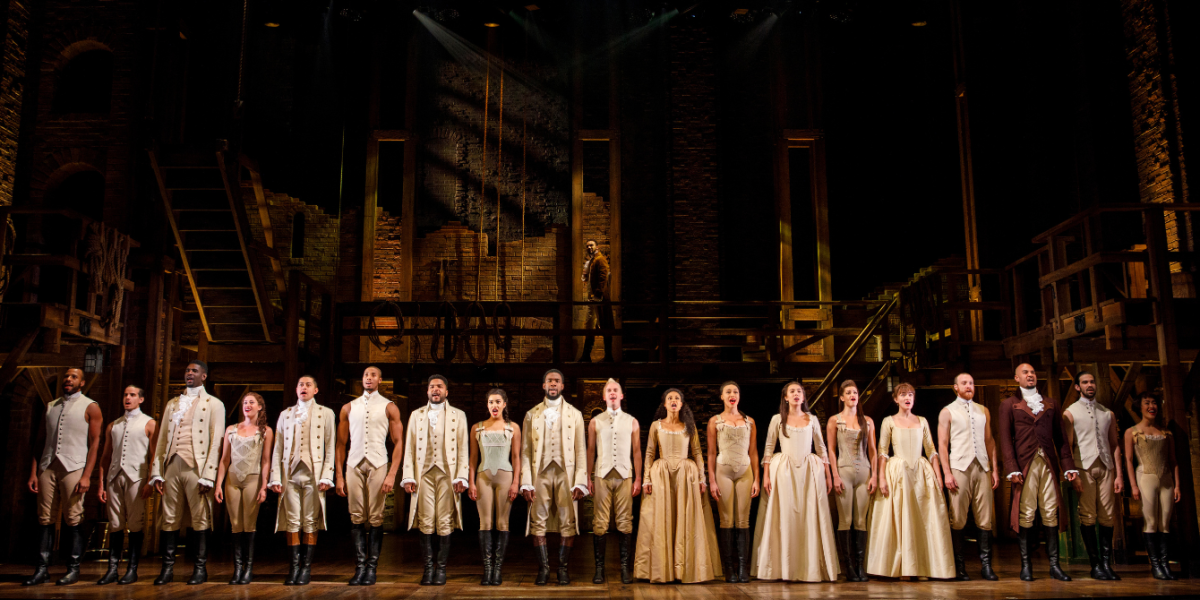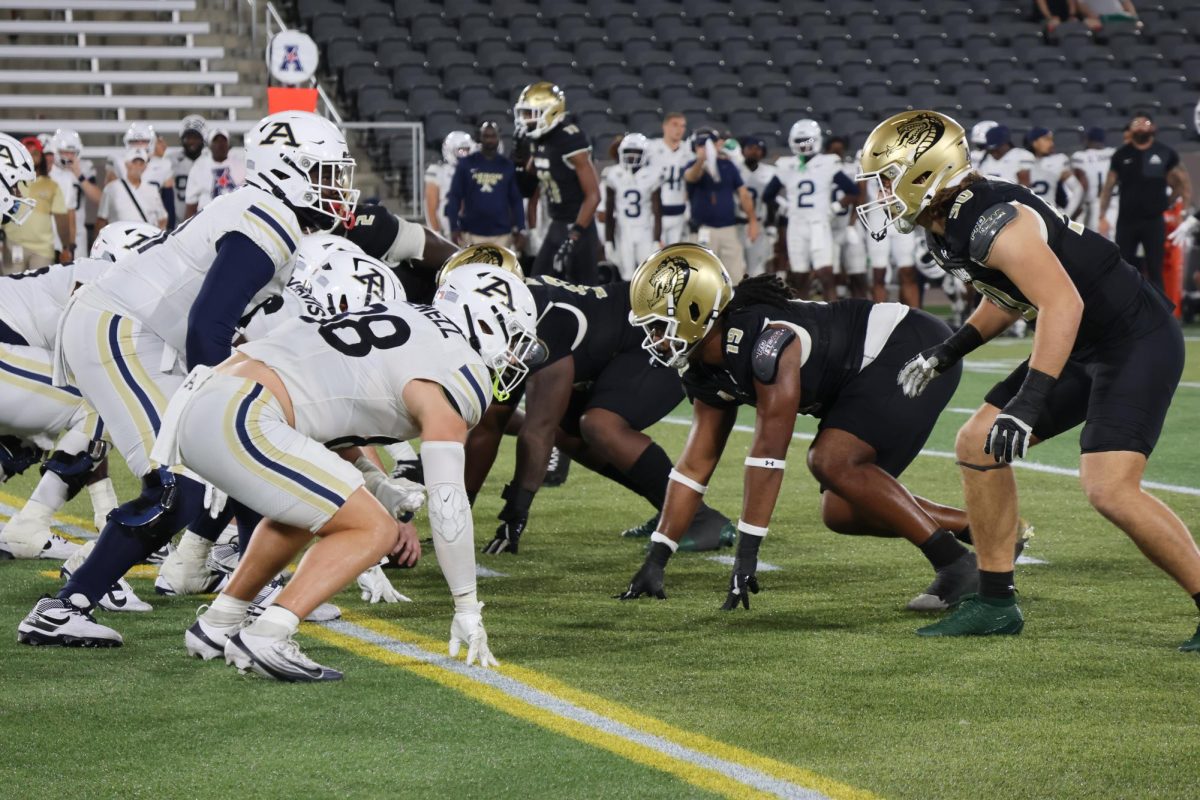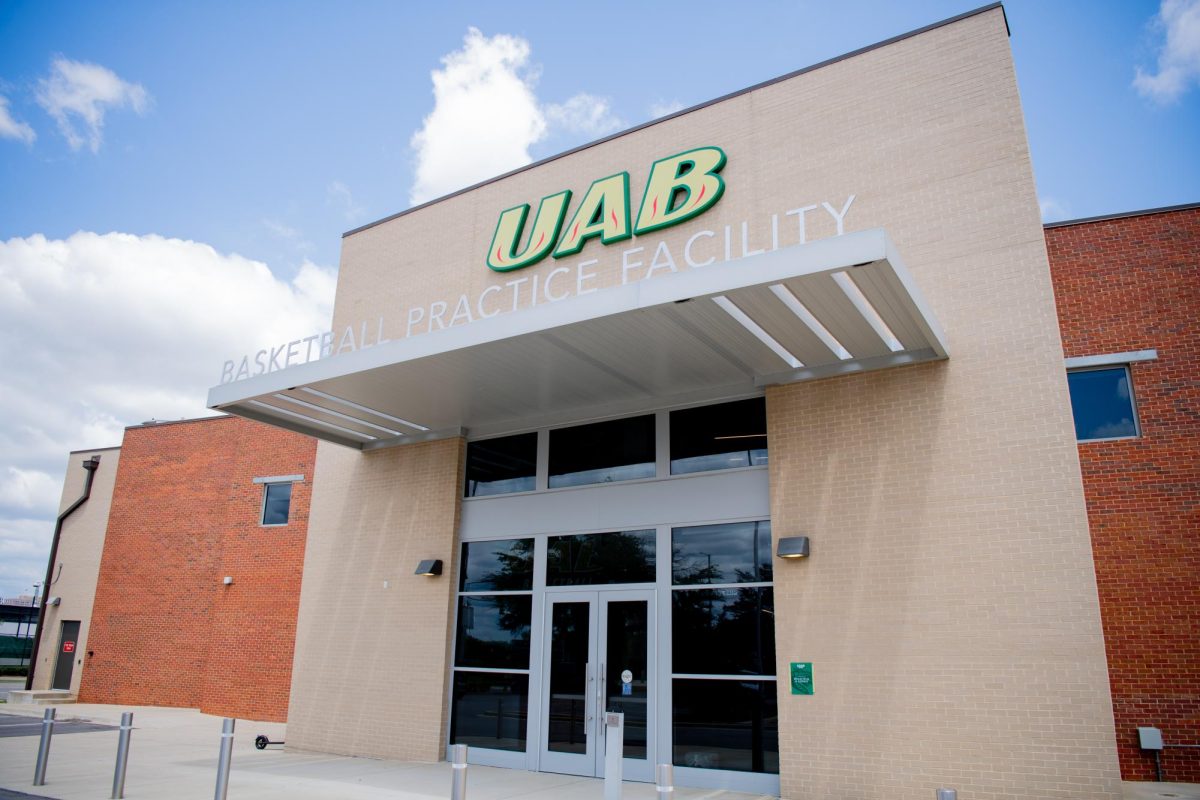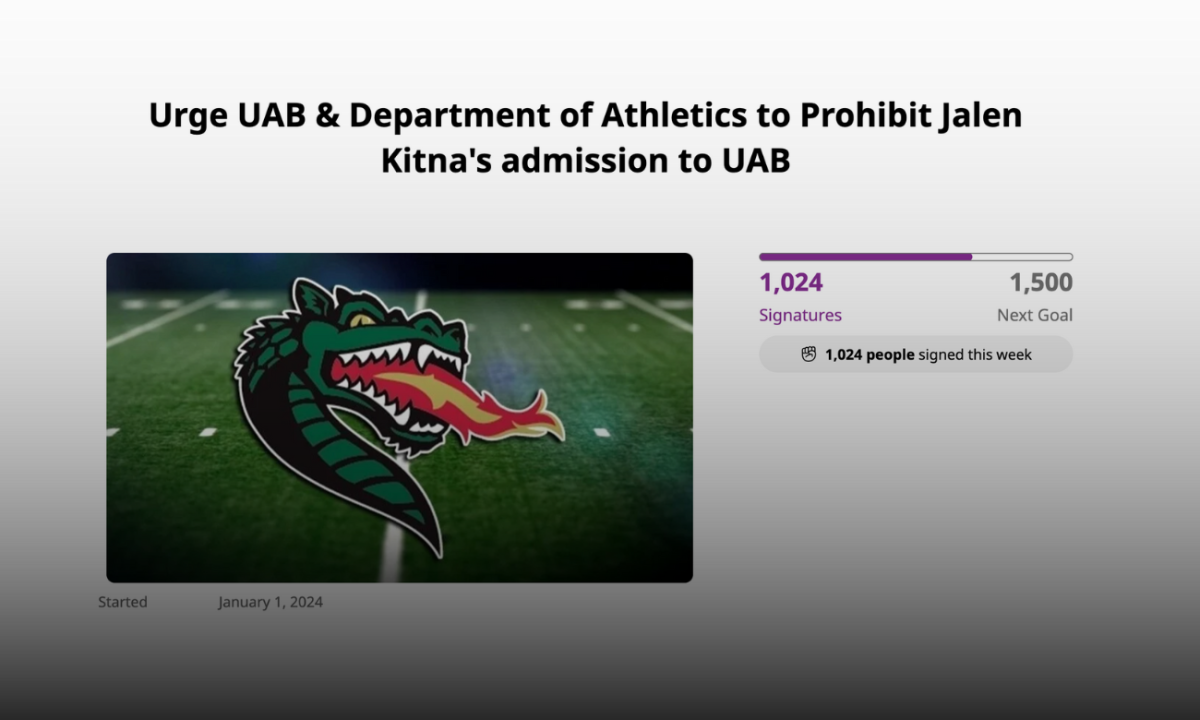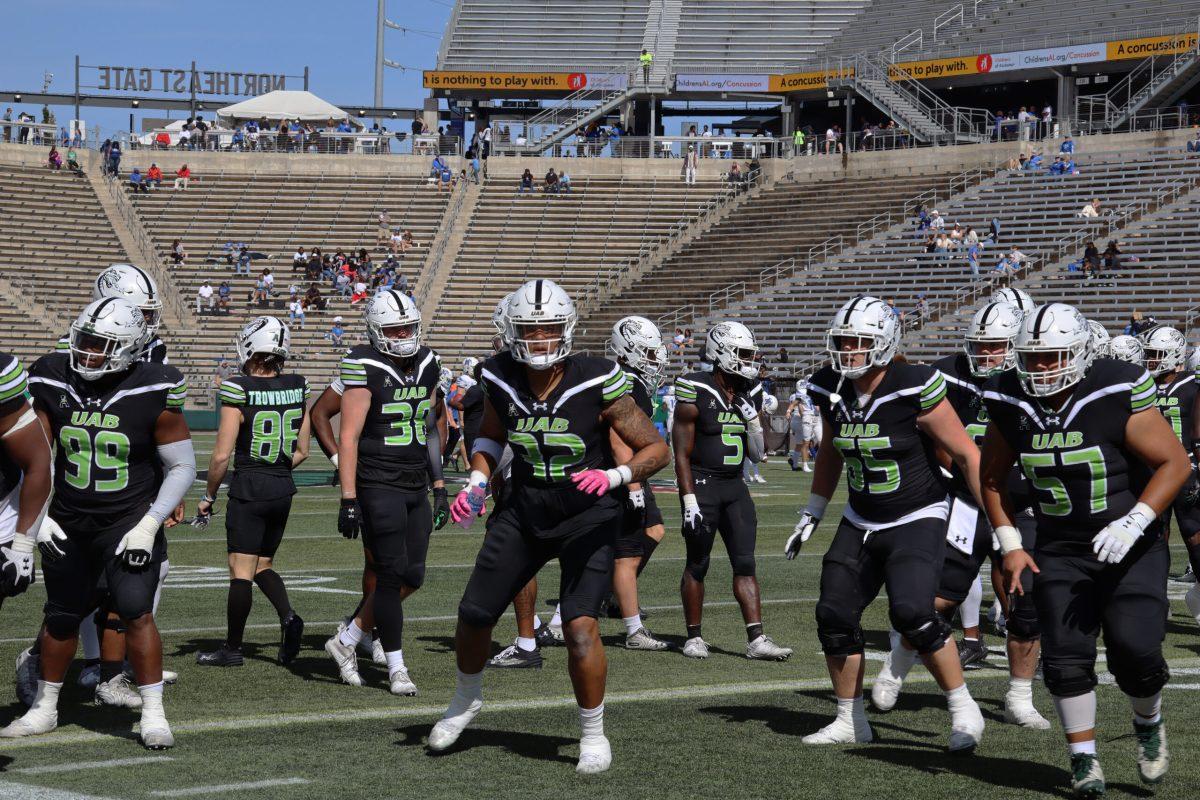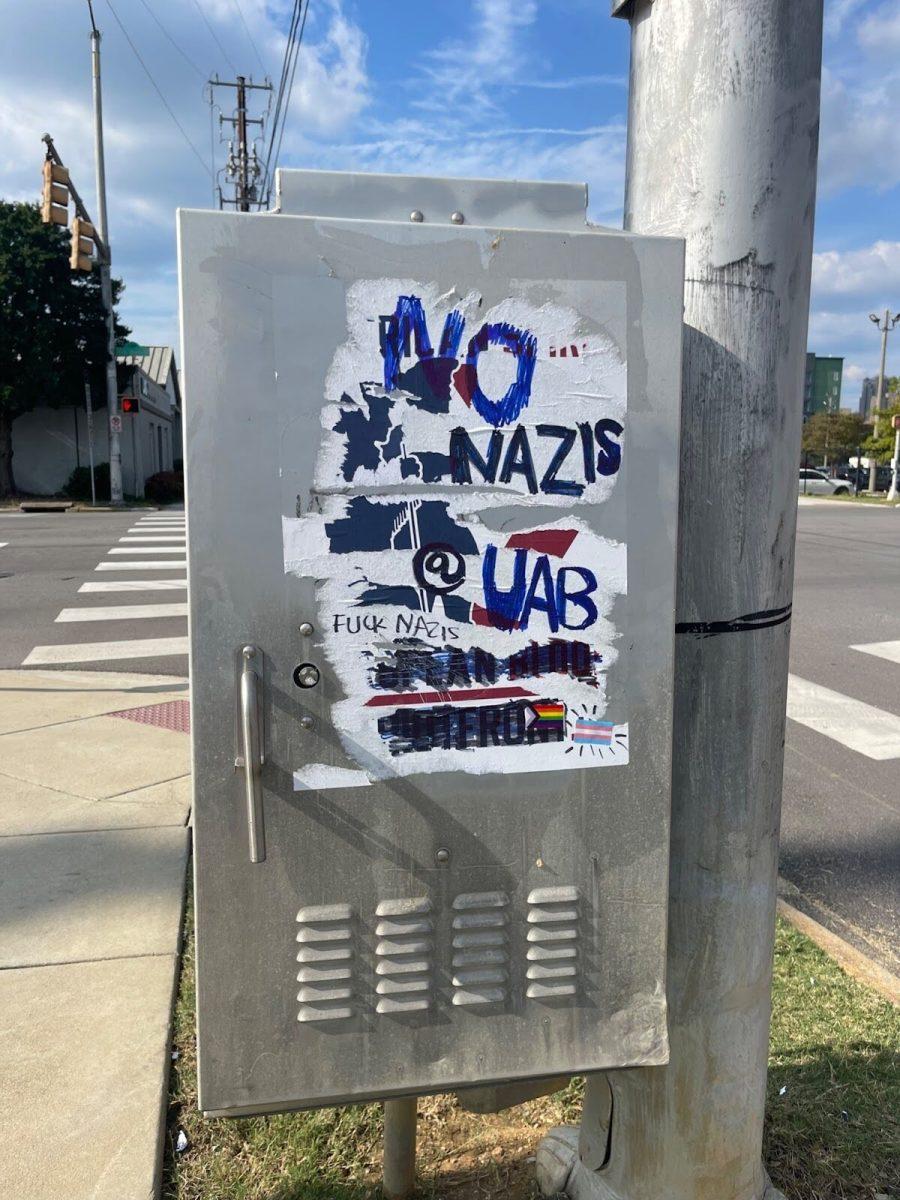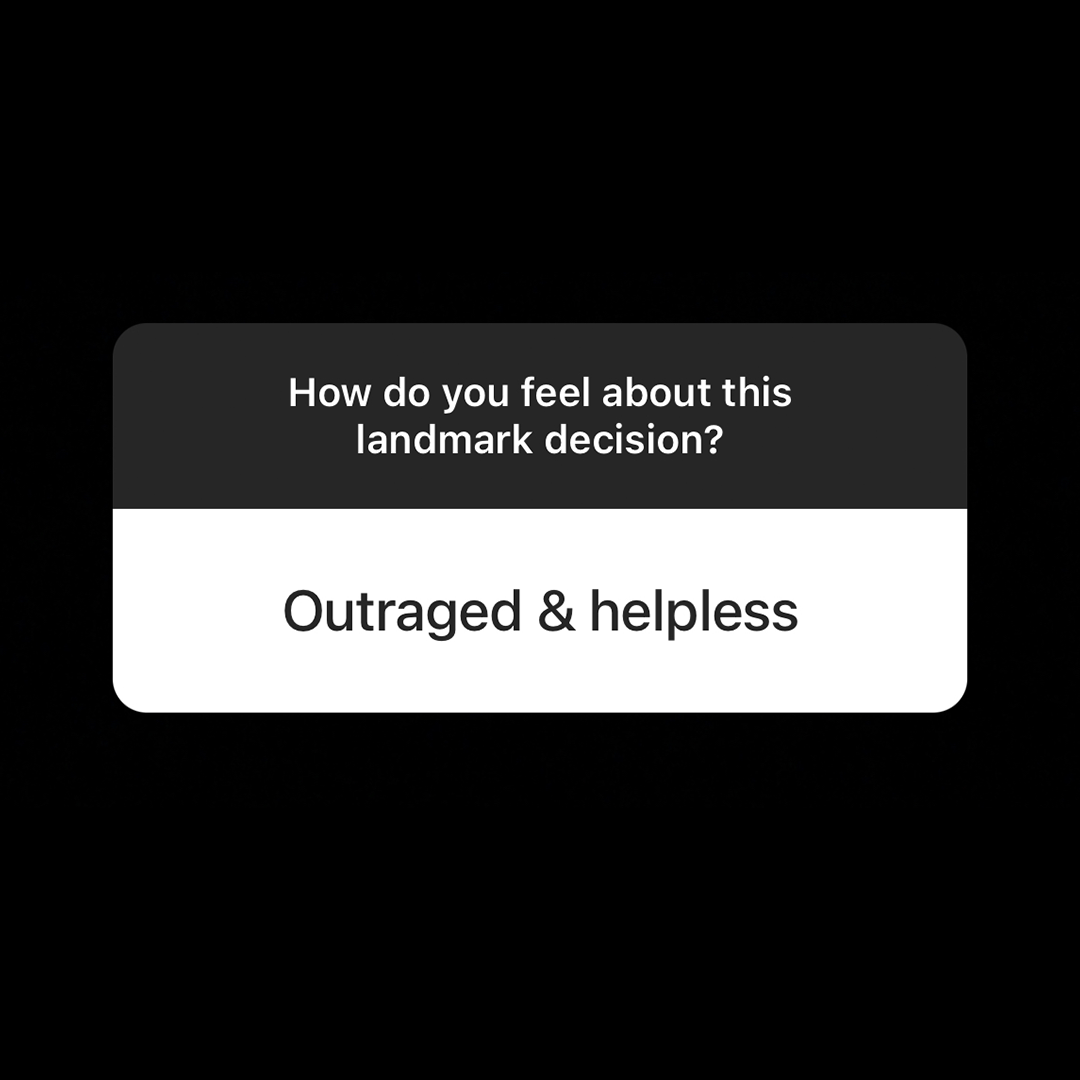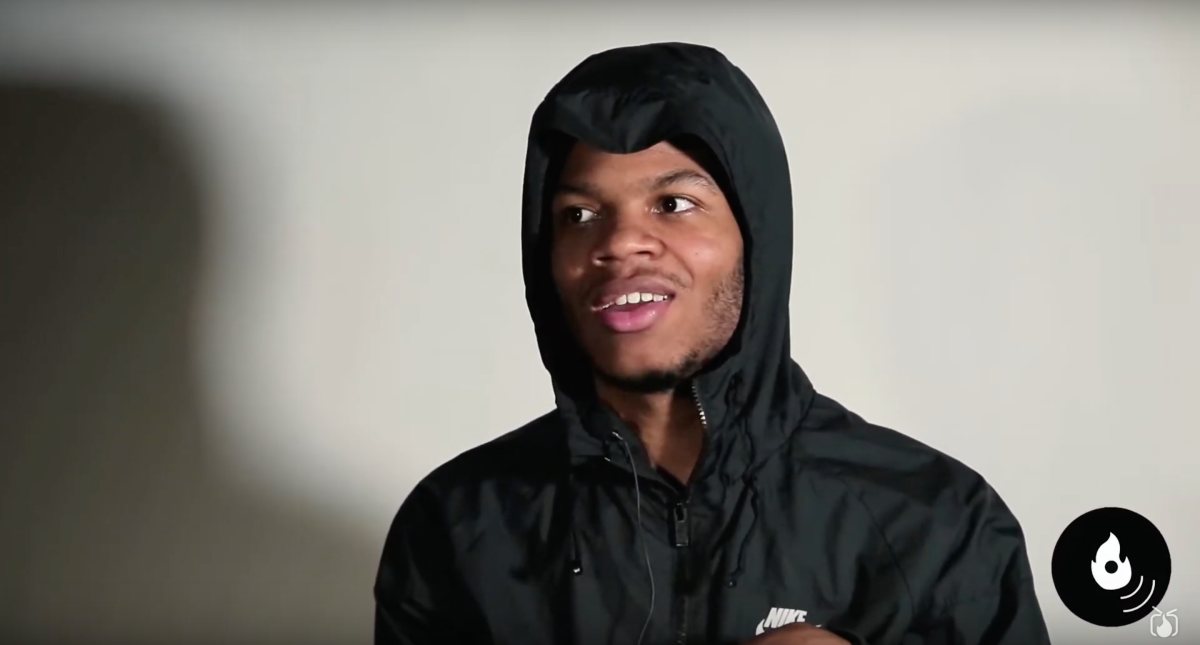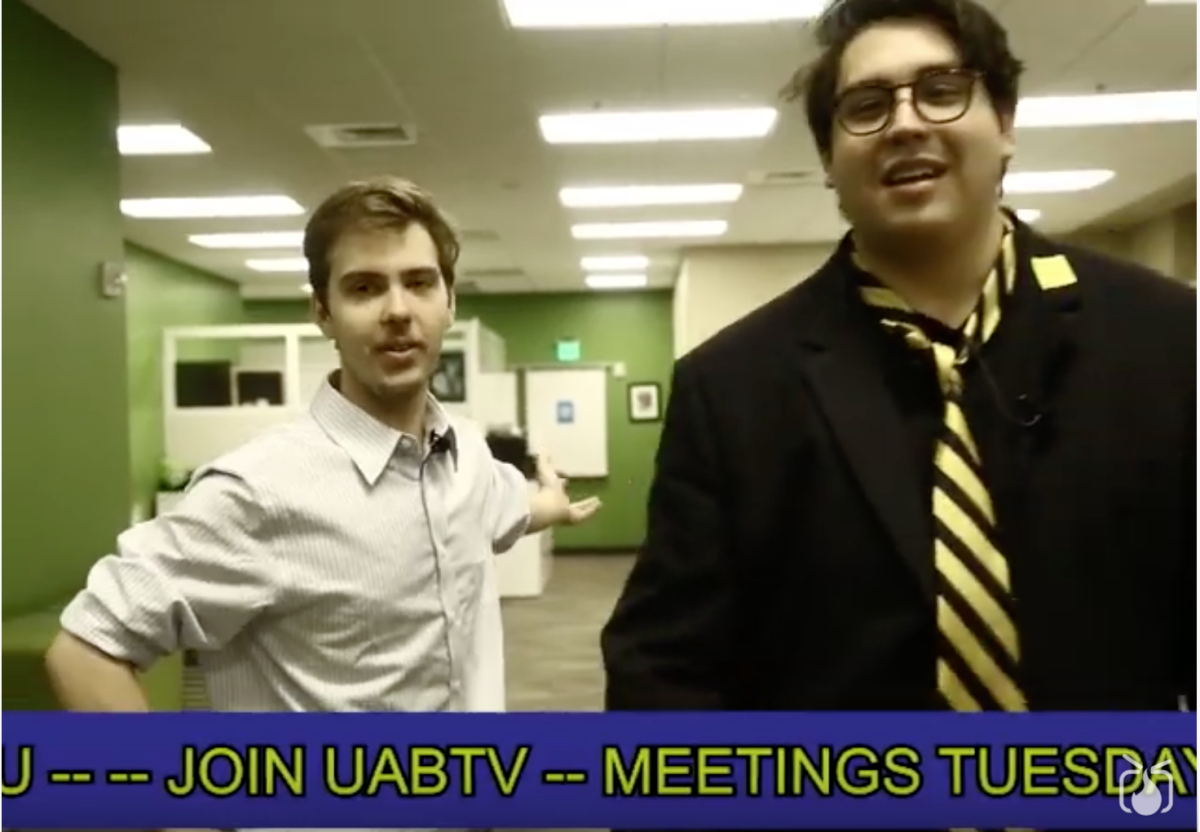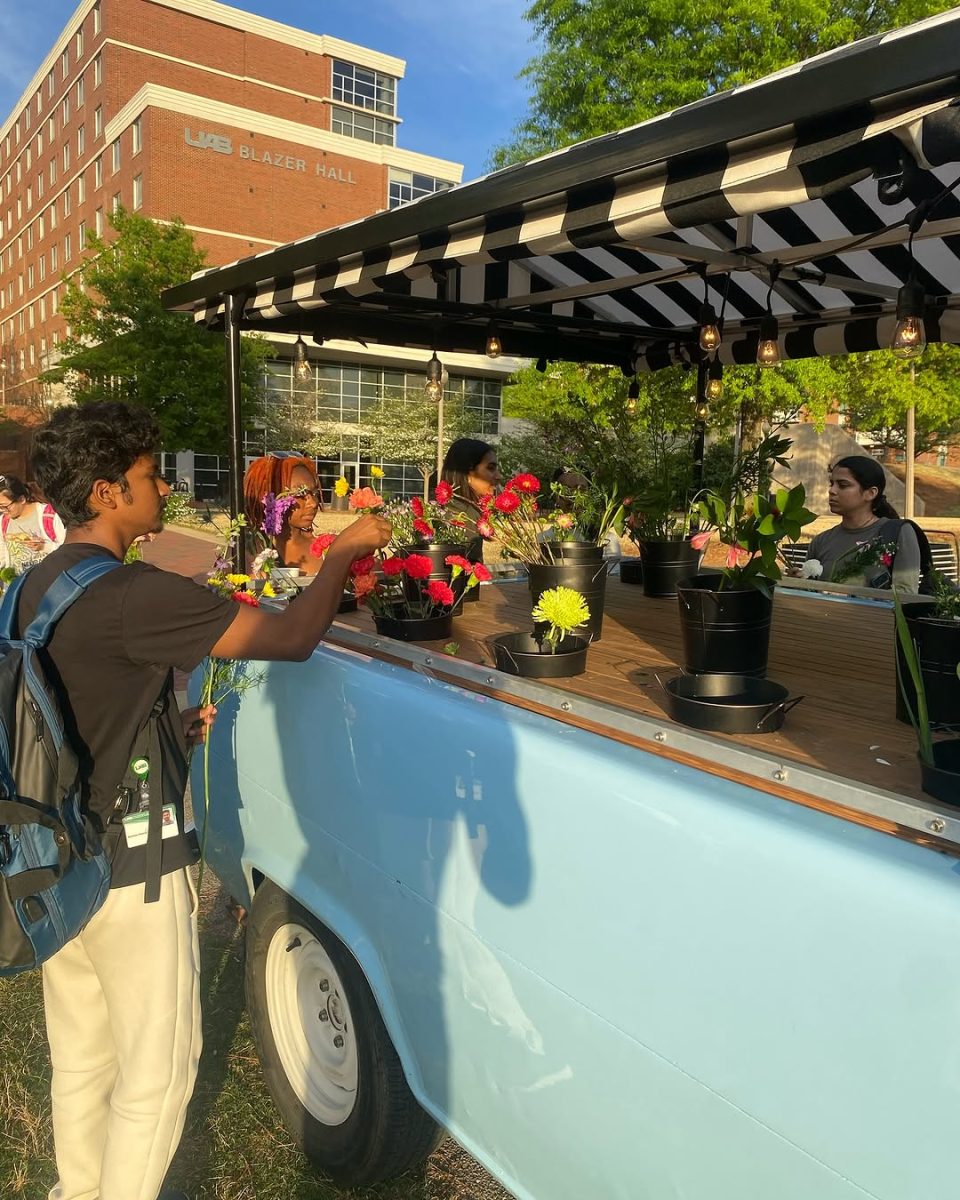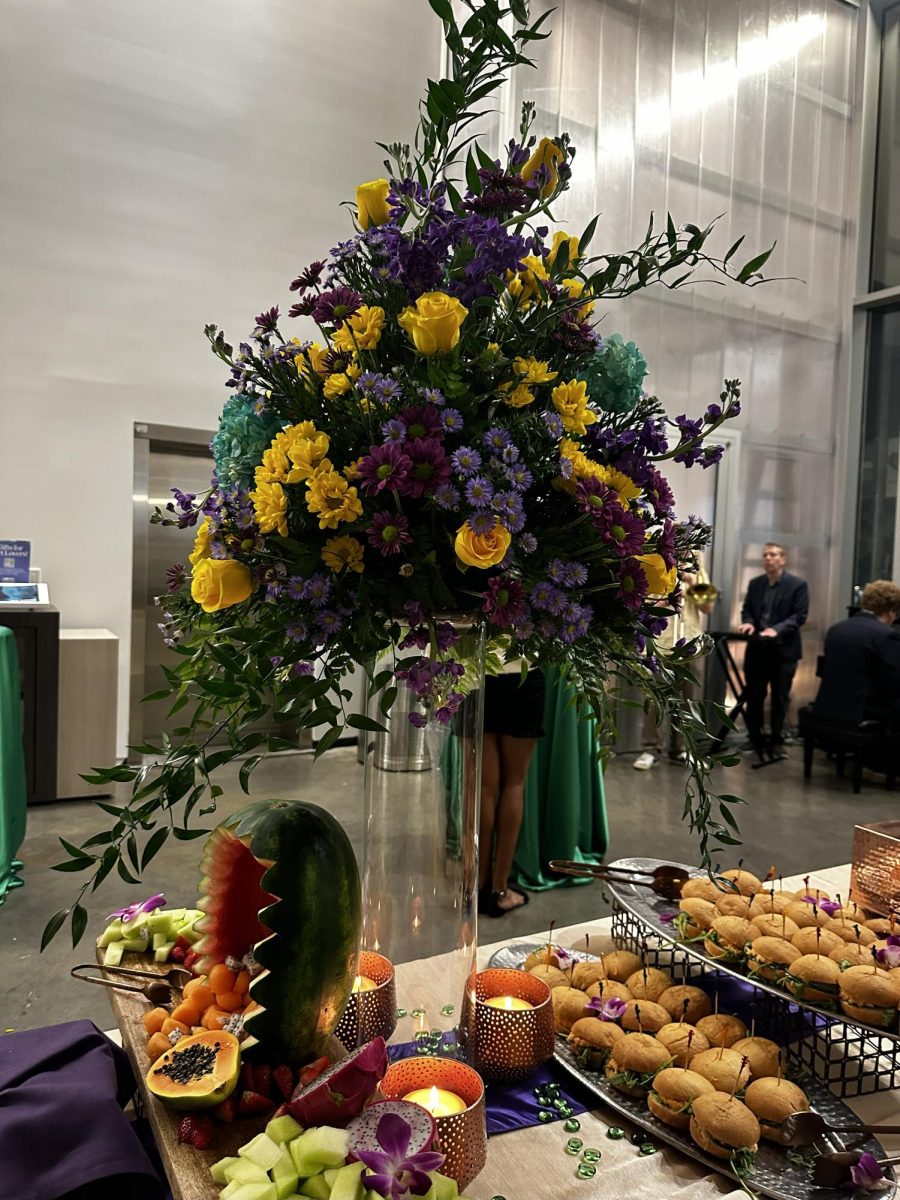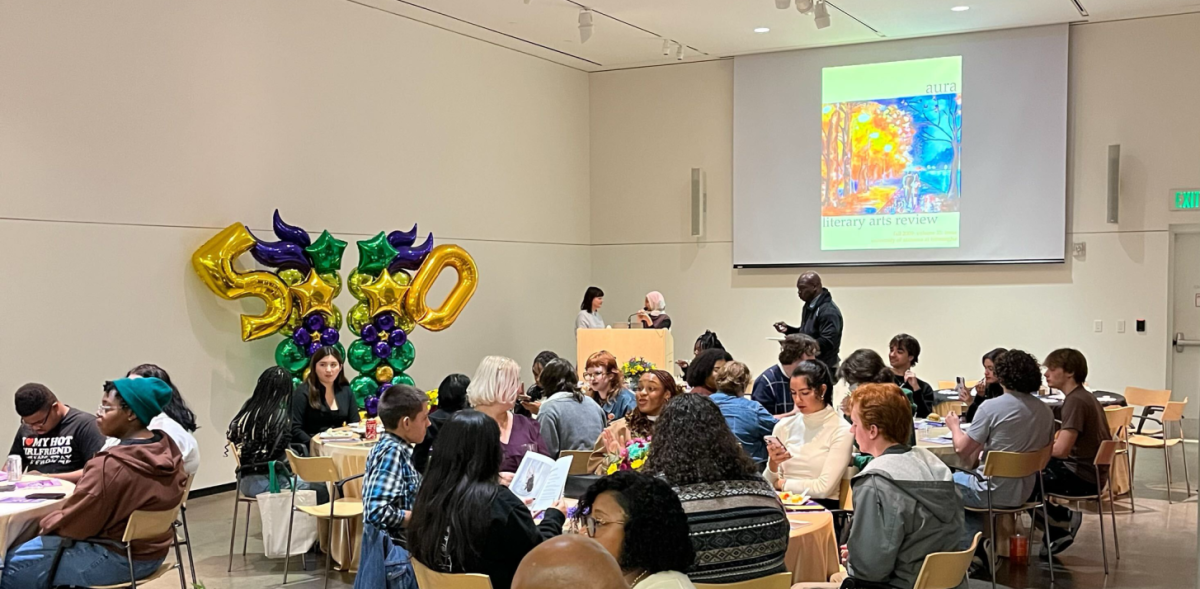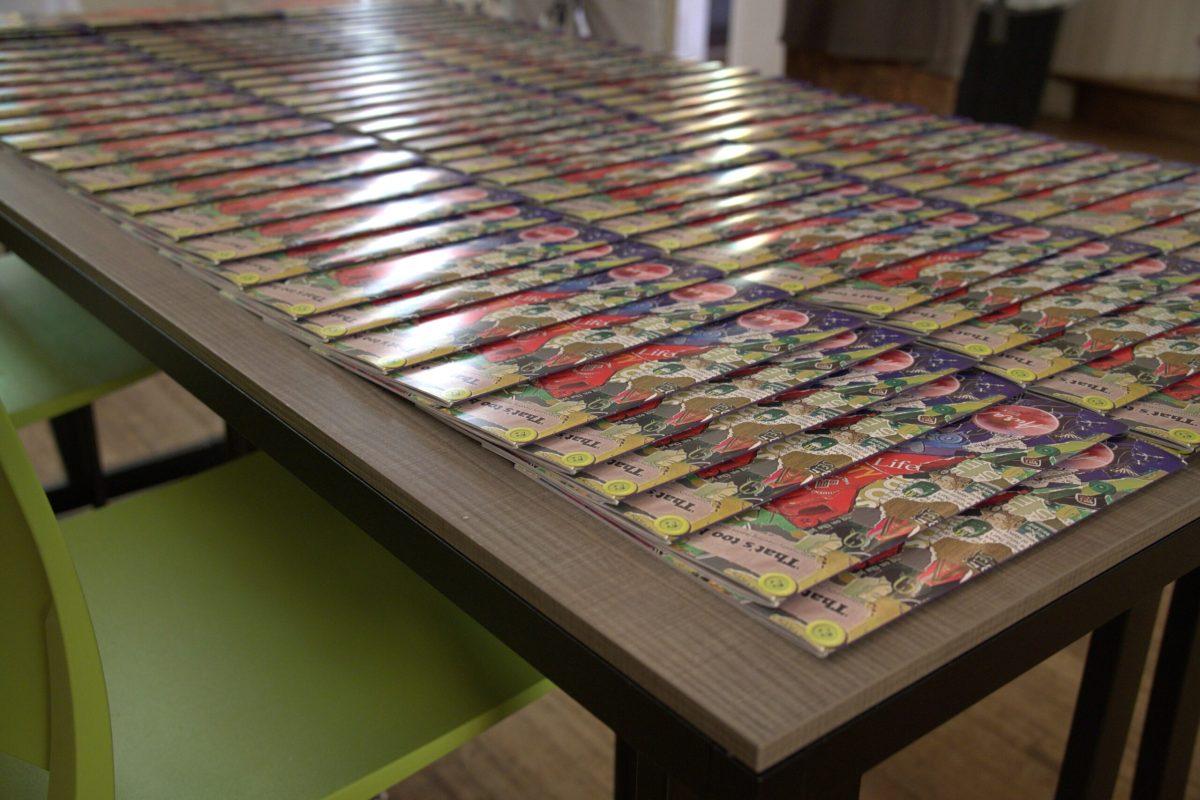
Timeline by Kristina Balciuncaite, Visual Content Manager.
Whitney Sides
Senior Staff Reporter
[email protected]
After the protest last spring to expel Michael Williams, Ph.D. candidate and the recent backlash of Jeffery Morris, assistant professor and self-proclaimed “civic nationalist”, the university responded to both incidents with firm statements.
But there is one thing they can’t do under the law: fire the faculty and staff in question.
Why? There’s a lot to unpack, but it’s also very simple, according to First Amendment expert and UAB visiting professor William Nevin, Ph.D. and J.D..
“The constitution doesn’t single out ‘hate speech’,” Nevin said. “It doesn’t recognize it. It doesn’t see it as anything other than just speech we don’t like and part of the First Amendment’s reason for existing is to protect speech that we don’t like.”
According to Nevin, UAB is a state-funded university, it cannot fire faculty or punish students for speech, no matter how unpopular or inflammatory it may be.
“The two biggest misconceptions in this situation are that somehow hate speech can be punished and that UAB would be in some way empowered to act against this employee who believes these things,” Nevin said.
When asked if this also applied to Williams, a member of the white supremacist group Identity Evropa, Nevin said Williams also has protections.
“Assembly is certainly covered under the First Amendment as well,” Nevin said. “You have the right to your memberships in any sort of organization. It’s right there, listed under speech, press, assembly, petition, religion.”
Paulette Dilworth, UAB’s Vice President for Diversity, Equity and Inclusion has released several statements when asked about the futures of both Williams and Morris.
“UAB is a very diverse institution,” Dilworth said. “I guess I don’t have to continue to repeat that. We all know that. I can suggest that there are opportunities for us to continue to do more in terms of inclusion and ensuring that people are treated fairly.”
Vice President of Student Affair John R. Jones III, Ph.D., said he wants to emphasize the diversity on campus.
“We have close to 300 organizations, and they are doing some phenomenal things in terms of student involvement,” Jones said. “There’s the Black Student Awareness Committee, the Student Multicultural Diversity Program and within that, the social justice advocates and Free Food for Thought are just some of many.”
Dilworth said she believes civil discourse is one of the most important issues of our day because it speaks to how UAB can begin to help students learn how to be citizens and engage around important issues.
“I want to stress the point that as ugly as ideas or people’s remarks might be, and even hard to stomach, the first amendment doesn’t speak to that,” Dilworth said. “We do however have policies in place and if we discover that any of those have been violated, then we would be able to do something actionable.”
When asked about what specific policies Morris and Williams did not violate, Dilworth said the following:
“While privacy laws and confidentiality prohibit us from commenting on certain details, we can and do address any situation where there is evidence that UAB’s Code of Conduct, Equal Employment Opportunity, Title IX or any other applicable policies have been violated,” Dilworth said. “Further, we work with the UAB Police Department to address any criminal conduct on campus.”
According to Dilworth, both Morris and Williams have not broken any policies expected of students and faculty of UAB.
However, according to some students, the ideologies of Williams and Morris do go against the policies and the brand of UAB.
“Faculty members who are linked to hate groups or that express fascist sentiments are a threat to the safety of marginalized communities on campus and should be removed from their position,” said Shreya Pokrel, member of the UAB Students for Diversity and Campus Safety, a student coalition created last spring to address white supremacy on campus.
Dilworth and Jones, however, said they had no problem encouraging students to speak out and exercise their rights while being students of UAB.
“But to me that’s a strength of our democracy is that it allows for people to express ideas,” Dilworth said. “And to then debate those ideas and come to some conclusions on your own about whether or not this is something that you stand for.”
As new students arrived on campus for Move in Day on Saturday, they saw flyers featuring Williams and Morris’s photos with a brief overview of their ideologies and a call to action.
Jones mentioned civil discourse in a cornerstone of his efforts in Student Affairs to increase inclusion on campus and as part of that, said his door was always open.
“If you’ve got a problem, bring it to my office,” Jones said. “We encourage that. Our doors are always open. Our emails? They are active. And our phones? They work.”
